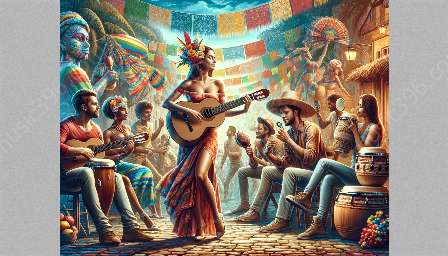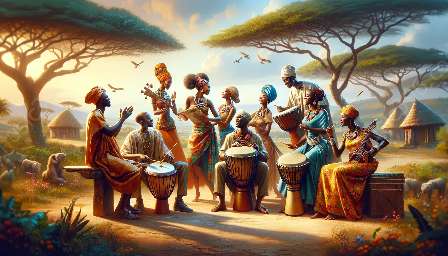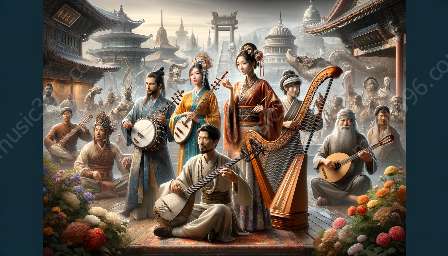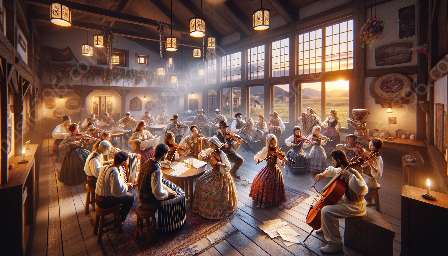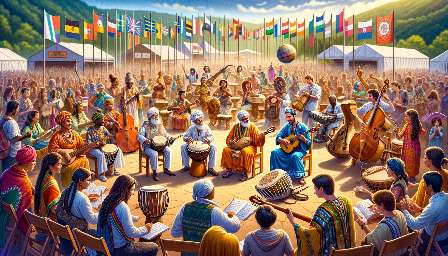Samba music is a vibrant and energetic genre that has its roots in Afro-Brazilian culture. As one of Brazil's most iconic musical exports, Samba has made a profound impact on the global music scene, becoming a staple of world music. Originating in the early 20th century in Rio de Janeiro, Samba has a rich history and a unique influence on music and culture worldwide.
The Origins of Samba Music
Samba music has its roots in the cultural fusion of African rhythms and European melodies, brought to Brazil through the transatlantic slave trade. Developed in the early 20th century in the urban neighborhoods of Rio de Janeiro, Samba's origins are closely tied to Afro-Brazilian communities and their vibrant traditions. The genre evolved as a form of cultural expression and resistance, with its rhythmic beats and lively dance movements capturing the essence of celebration and solidarity.
Characteristics of Samba Music
The distinct characteristics of Samba music encompass a mesmerizing blend of percussion, dance, and melody. The rhythmic patterns of the surdo, tamborim, and pandeiro, coupled with the captivating syncopation of the cuíca, create the infectious energy that defines Samba. Combined with lyrical storytelling, Samba's music and dance form an integral part of Brazil's cultural identity and have become synonymous with the country's vibrant Carnival celebrations.
Samba's Global Influence
Over time, Samba music has transcended its Brazilian origins and made a significant impact on the global music landscape. With its infectious rhythms and expressive dance style, Samba has inspired countless musicians and delighted audiences worldwide. The genre's influence can be seen in various musical traditions, from Latin jazz and bossa nova to contemporary pop and dance music. Samba's global appeal has led to its integration into world music festivals, cultural events, and dance performances around the world.
Samba in World Music
The fusion of Samba with other musical genres has contributed to its presence in the world music scene, showcasing its versatility and adaptability. As a vibrant and festive genre, Samba has become a symbol of Brazil's rich cultural heritage and has been embraced by diverse communities and artists across different continents. Samba's contribution to world music reflects its ability to captivate and unite people through its infectious rhythms and uplifting melodies, fostering a sense of cultural exchange and mutual appreciation.
Legacy and Evolution
Today, Samba music continues to evolve, blending traditional elements with contemporary influences, and maintaining its relevance in the dynamic landscape of global music. The genre's enduring legacy is upheld by dedicated musicians and dancers who preserve its authenticity while incorporating modern elements to appeal to new audiences. Samba's enduring influence in the world music scene ensures that its vibrant spirit and cultural significance remain celebrated and cherished across the globe.

